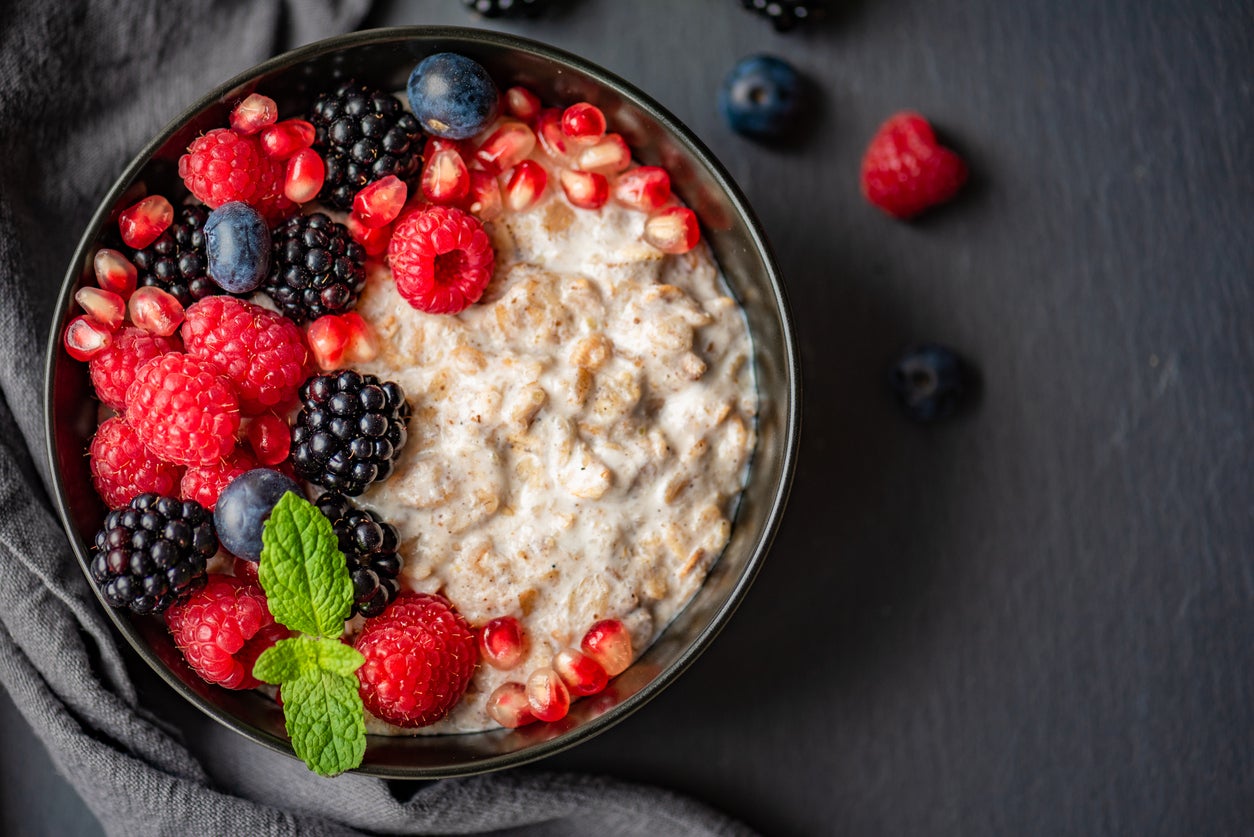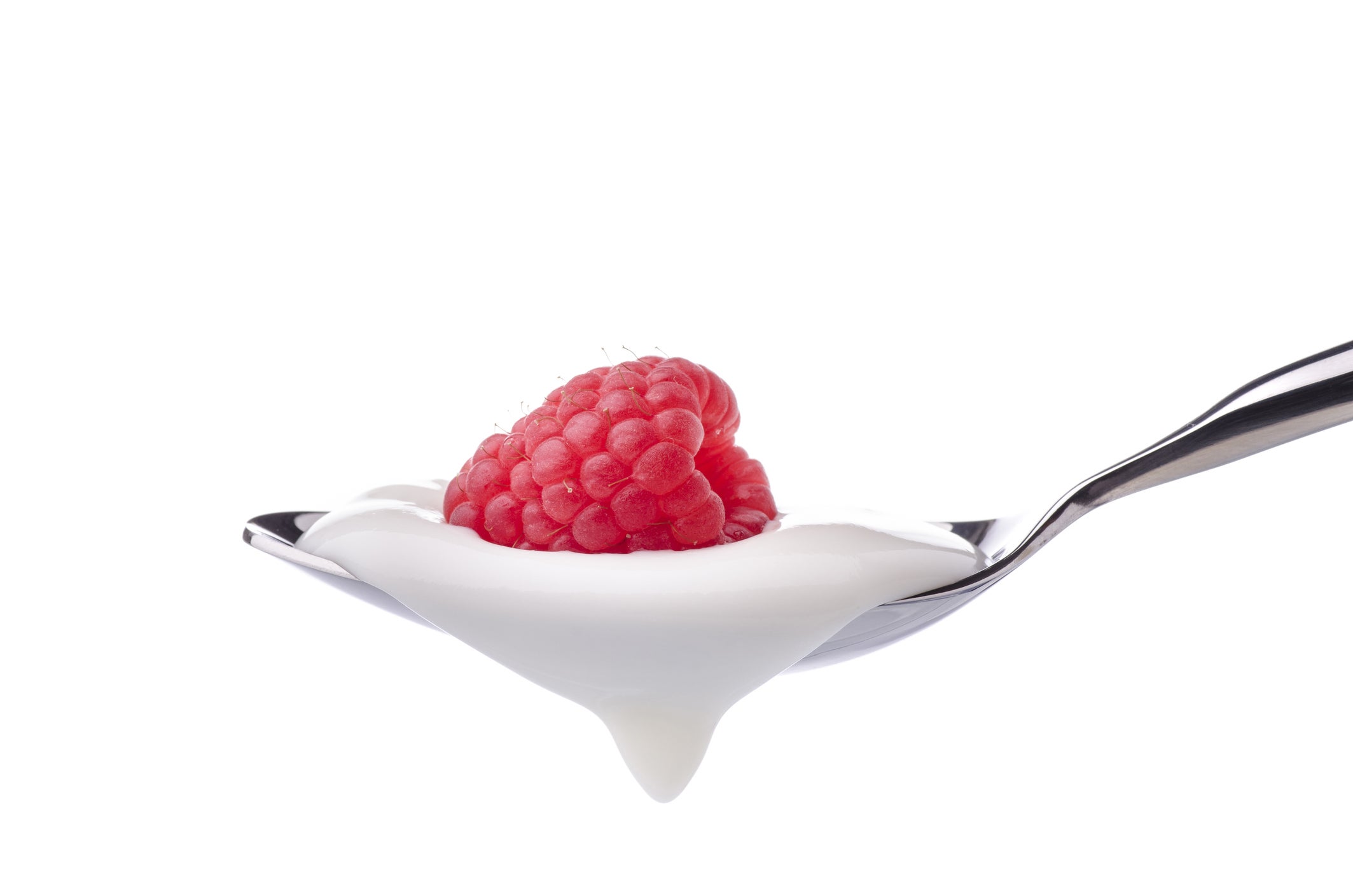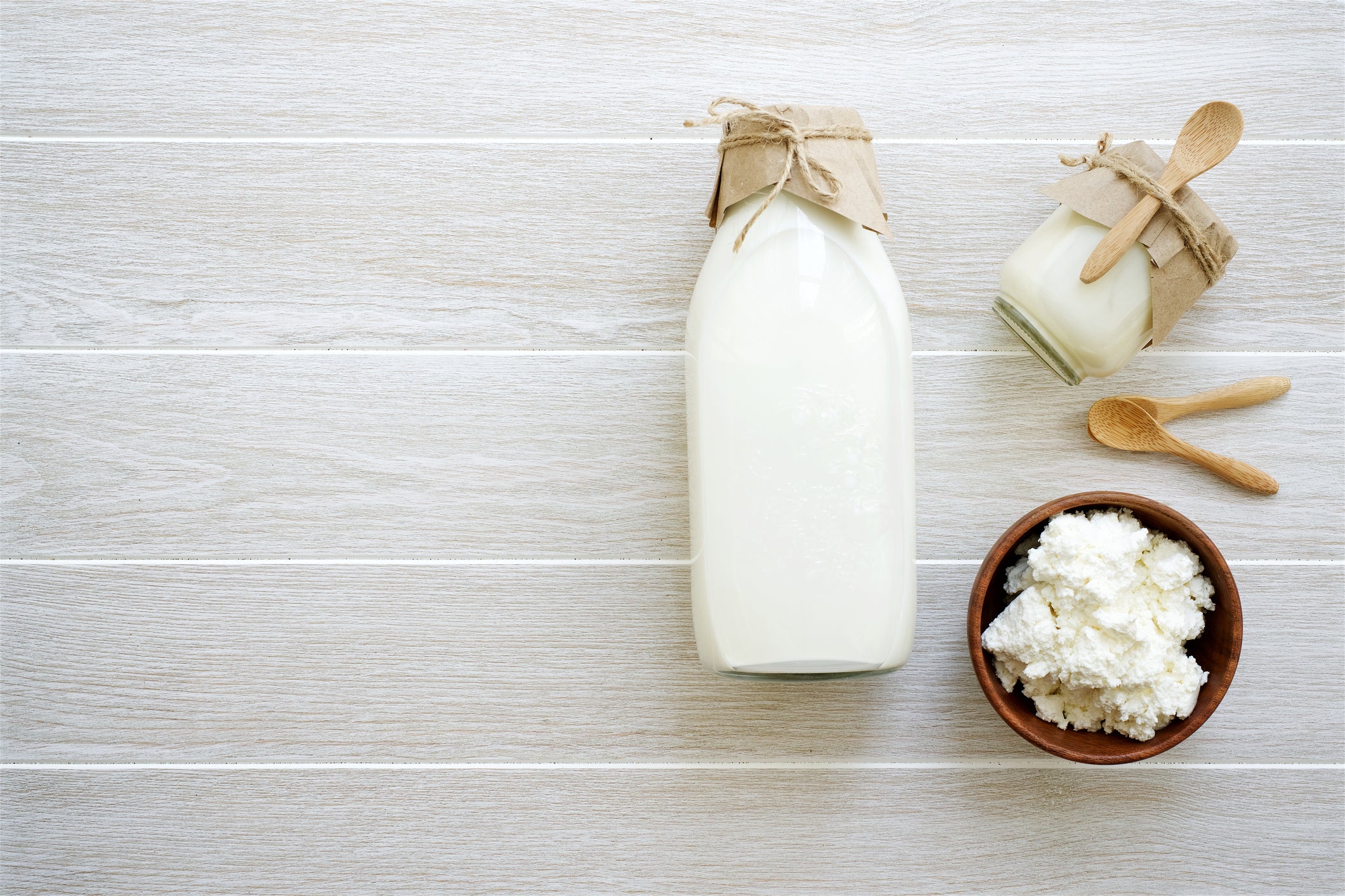The five foods you thought were healthy – but are secretly ruining your gut health
Some porridge, fermented drinks and even yoghurts have been deemed too unhealthy to advertise to children, but that’s because not all foods have the benefits you think they have, says Maria Lally


Just when you thought you had this healthy eating thing cracked, along comes some news that will make you choke on your porridge.
The government has announced new legislation that will see certain types of porridge, yoghurts, and even supposedly gut-friendly fermented drinks like kefir and kombucha considered junk food and, because of this, they will be subject to an advertising ban. In a bid to reduce childhood obesity, certain foods will be classed as “less healthy” and so adverts for them will no longer be shown before 9pm.
Cue an outpouring of outrage comparing sausage rolls (not banned) to “healthy” porridge and accusations of a nanny state interfering in the nation’s larders. But, dig a little deeper into what is being actually proposed and it all makes perfect sense. Healthy versions of some of these products – plain porridge or unsweetened yoghurts, for example – will not be subject to these new rules. With so many products now sold to us as the “healthy” option and proving to be anything but, how do we decipher what is truly good for us and what is not?
“Research has shown that regularly consuming products high in sugar, fat, and salt, is associated with poorer health outcomes,” says Dr Federica Amati, head nutritionist at personalised nutrition app ZOE and author of Every Body Should Know This.
“With around one-third of children in the UK now classed as overweight or obese, it’s clear we need to take action.” However, Amati, who has two young children, says that while the ban is a good first step, the list of foods isn’t ideal. “Exempting icing on cakes, while penalising popcorn and kefir drinks doesn’t follow public health nutrition logic, for example.”
To help you unravel the science here is your guide to how to make “unhealthy healthy” foods actually healthy.
Porridge
One of the biggest outcries from the announcement is that porridge has made the list, which also includes instant porridge, cereals, and “hot oat-based” cereals. “However, the government will only restrict advertising of porridge products that have high levels of salt, fat or sugar,” says Amati. “If a company wants to advertise plain rolled oats to kids they still can, and this really gets to the heart of the matter. Many seemingly healthy products that say ‘natural’ or ‘contains vitamins’ aren’t actually healthy. The government is recognising this fact and pushing back against the food industry.”
Which means that plain porridge is still very much on the menu. “Oats, especially steel-cut oats, are high in protein, healthy fats, iron and fibre, and a good source of energy,” says Amati. “They’re particularly good when eaten with fresh berries, nuts and seeds. But the quick cook options are highly processed and less nutritious, as are flavoured porridges, and are best avoided.”
Crumpets
The fact that the nation’s teatime favourite snack is on the list (along with muffins and hot cross buns) has also caused a ripple. But, this is often because, like supermarket-bought bread too, they are often ultra-processed made with highly processed flour, which can be low in fibre and can contain additives like preservatives, emulsifiers, and stabilisers, which can be linked to poor gut health. Shop-bought crumpets can also be high in salt and sugar, which can be above recommended levels.
However, crumpets per se are not unhealthy “if you make crumpets at home, you only need water or milk, flour, and yeast,” says Amati. “If companies can reduce those levels in response to this advertising ban, they can still advertise them to children.”
Yoghurts
Certain yoghurts have also made the list, including flavoured Greek-style ones, probiotic yoghurts, twin chamber pots, fromage frais and drinking yoghurts. “I find most fruit-flavoured yoghurts problematic,” says Amati. “Many of the yoghurts aimed at children, especially the brightly coloured ones, contain no live cultures and lots of sugar, meaning they don’t even count as yoghurt, but rather skimmed milk powder reconstituted with flavouring.” She says a far better option for gut health is plain full-fat Greek yoghurt and top it with a little honey, nuts or nut butter, seeds and fresh fruit.

As for probiotic yoghurt drinks? “There’s some evidence that certain probiotic drinks can support health. However, if they contain high quantities of added sugar, that negates the benefits,” she says.
Juices and smoothies
While you might expect fizzy drinks and energy drinks to make the list of “bad” foods, many were surprised to see many fruit juices and smoothies – and even some kefir drinks (more on this later) also make advertising ban the list. Again, this is because despite being sold as healthy and good for us, they can be packed with sugar and additives which can be disruptive to good gut health, and the way they are prepared can take out all the health benefits too.
“The ingredients in pre-prepared smoothies and juices in themselves aren’t bad, and are usually just crushed fruits and vegetables, with a little juice,” says Amati.
“However, the issue is when they’re pasteurised. This means they’re quickly heated for a short period of time to preserve their life span, and this also keeps them safe on their journey to supermarkets. But the process destroys the fruit’s vitamin C.” So, despite their healthy reputation Amati says smoothies and juices are a treat and “definitely not for every day”.
However, drinks without added sugar, and those sweetened with “natural fruit or vegetable juice”, are not covered by the new regulations. Amati says, if in doubt, much better to squeeze your juice fresh at home so it contains more vitamins.
Fermented drinks
Amati’s colleague Tim Spector, professor of Genetic Epidemiology at King’s College and the co-founder of ZOE, recommends eating three to five portions of fermented food per day to support a good gut microbiome and suggests adding kefir, sauerkraut, kimchi, yoghurt, miso paste to your meals.

However, fermented drinks such as kombucha, kefir and lassi, have also found themselves on the list alongside less healthy-sounding drinks such as lemonade, cola, energy drinks, and hot chocolate.
So when are they healthy versus unhealthy? “The main thing to consider if you’re buying a kefir drink is the sugar content, so always check the ingredients. Go for the ones that are low in added sugar, and have the fewest ingredients,” says Amati. With so much information on labels these days, for good gut health, no more than five ingredients is always a good rule.
“There’s a great deal of confusing nutrition advice around these days, but the overarching principle is fairly simple: try to eat a plant-based, whole-food diet, including a wide range of plants, and reduce your intake of highly processed products that contain a lot of unnecessary additives, sugar, salt and saturated fat.”
Join our commenting forum
Join thought-provoking conversations, follow other Independent readers and see their replies
Comments

Bookmark popover
Removed from bookmarks